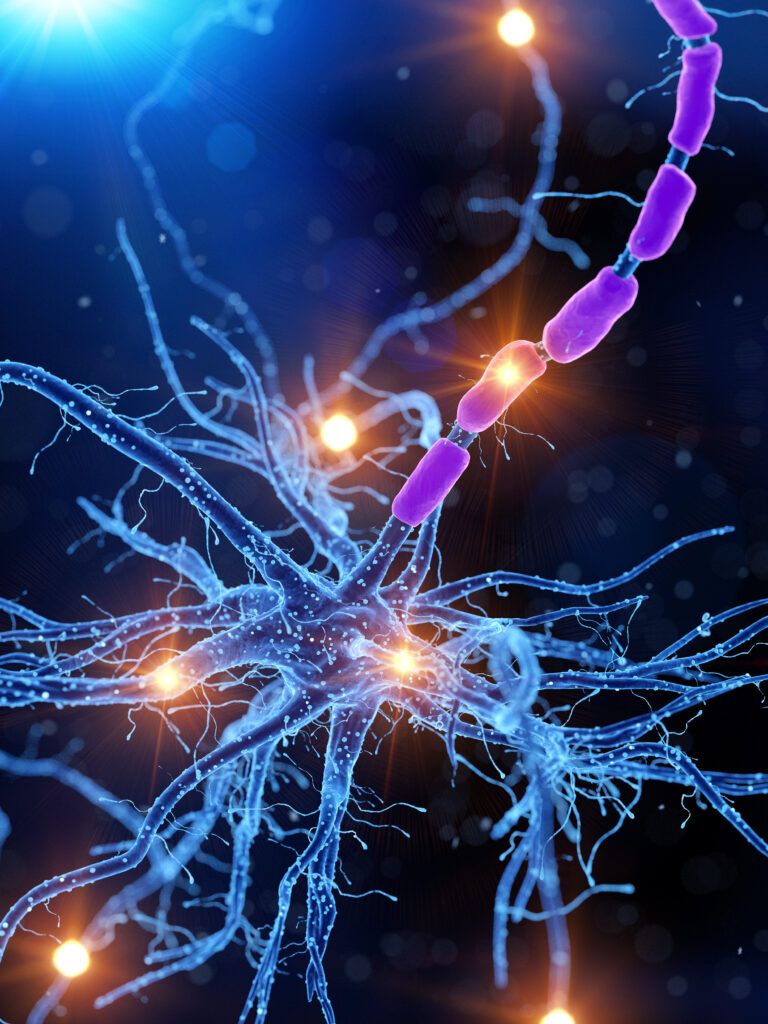Cognitive disorders, also known as neurological disorders, refer to a wide range of conditions that affect a person’s ability to think, reason, remember, and understand. One such condition is f06.7 mild cognitive disorder (MCD), which is a term used to describe a mild decline in cognitive function. This article aims to provide a comprehensive overview of MCD, including its symptoms, causes, diagnosis, and treatment options.
What is f06.7 mild cognitive disorder?
Mild cognitive disorder is a condition in which a person experiences a slight decline in their cognitive abilities, such as memory, language, attention, and problem-solving skills. It is classified under the category of neurocognitive disorders in the Diagnostic and Statistical Manual of Mental Disorders (DSM-5).
The DSM-5 defines f06.7 MCD as a gradual onset and worsening of cognitive difficulties, which are not severe enough to be diagnosed as dementia. It is different from normal age-related changes in cognition, as it affects a person’s daily functioning.
Symptoms of f06.7 mild cognitive disorder
The symptoms of MCD may vary from person to person and can be subtle at first. The most common symptom is forgetfulness, especially short-term memory loss. Other symptoms include difficulty following conversations or instructions, trouble focusing or paying attention, struggling to find words when speaking, getting lost in familiar places, and having difficulty performing daily tasks.
Causes of f06.7 mild cognitive disorder
The exact cause of MCD is not fully understood. However, research suggests that it can be caused by a combination of factors, including genetics, lifestyle factors, and brain changes associated with aging. Some studies also suggest that MCD can be a precursor to more severe neurological conditions such as Alzheimer’s disease.
Risk factors for MCD include advancing age, family history of dementia or MCD, cardiovascular disease, high blood pressure, diabetes, and chronic stress. Additionally, lifestyle factors such as smoking, excessive alcohol consumption, poor diet, and lack of physical activity may also increase the risk of developing MCD.
Diagnosis of f06.7 mild cognitive disorder
Diagnosing MCD can be challenging as its symptoms are often subtle and can be mistaken for normal age-related changes. A comprehensive evaluation by a healthcare professional is necessary to make an accurate diagnosis. The evaluation may include a physical exam, cognitive tests, blood tests, imaging tests (such as MRI or CT scan), and a review of the person’s medical history.
Treatment options for f06.7 mild cognitive disorder
Currently, there is no specific treatment for MCD. However, early diagnosis and management of underlying conditions that may be contributing to cognitive decline can help slow down its progression. Treatment options may include medication to manage underlying health conditions, such as high blood pressure or diabetes, and lifestyle changes to promote brain health.
Lifestyle modifications that may help improve cognitive function include regular exercise, a healthy diet, engaging in mentally stimulating activities, managing stress levels, and getting adequate sleep. It is also essential to quit smoking and limit alcohol consumption.
In some cases, cognitive rehabilitation therapy may also be recommended to teach individuals coping strategies for managing daily tasks and improving memory and attention.
Final thoughts
Mild cognitive disorder can have a significant impact on an individual’s quality of life and their ability to live independently. It is essential to seek medical attention if you or a loved one is experiencing any of the symptoms mentioned above. Early diagnosis and management can help slow down the progression of the disorder.
Moreover, taking care of your physical and mental health is crucial in preventing or delaying the onset of MCD. Maintaining a healthy lifestyle can go a long way in promoting brain health and reducing your risk of developing this condition. Remember to consult with a healthcare professional for personalized advice on managing MCD and improving your overall well-being.





